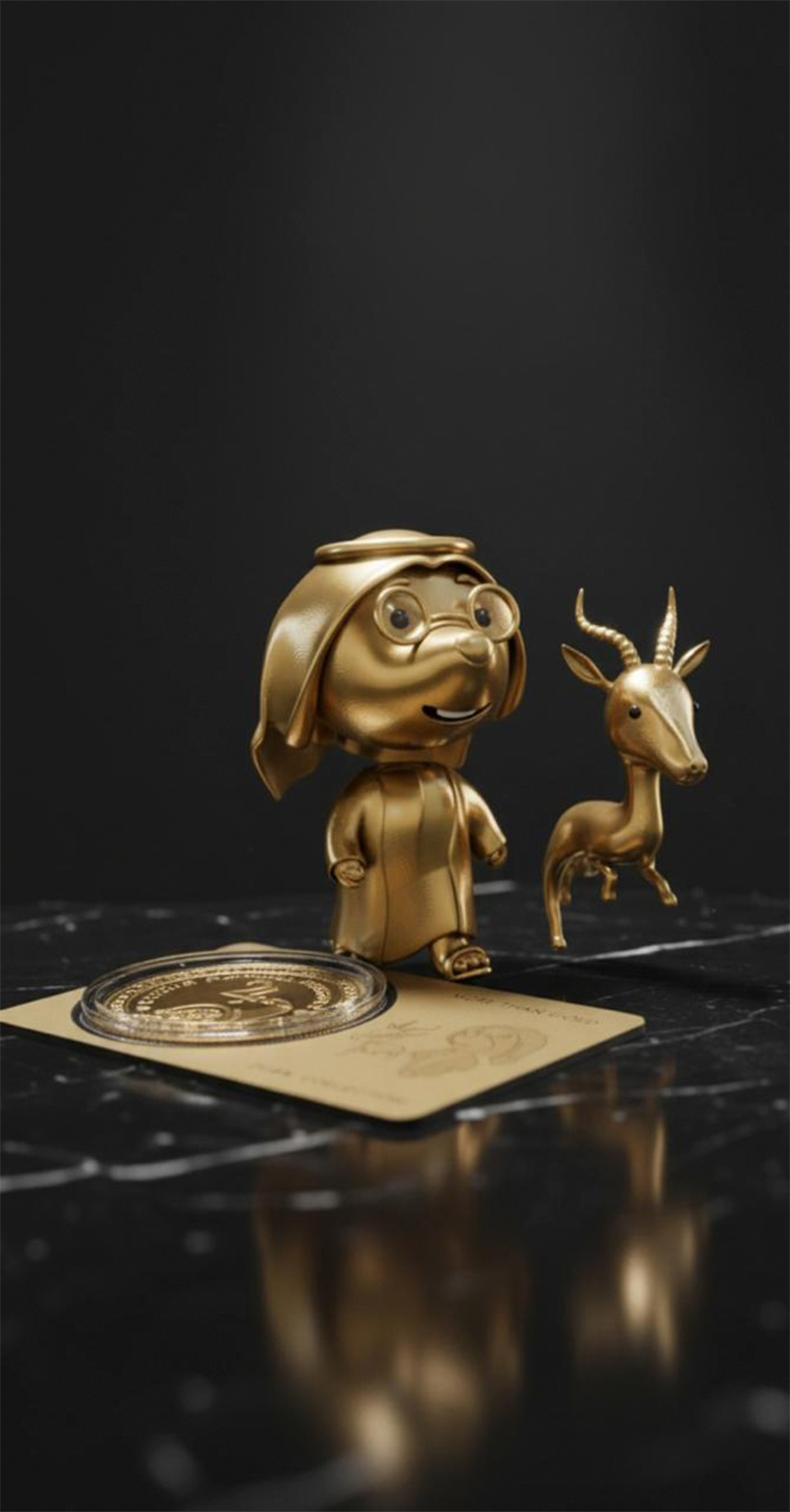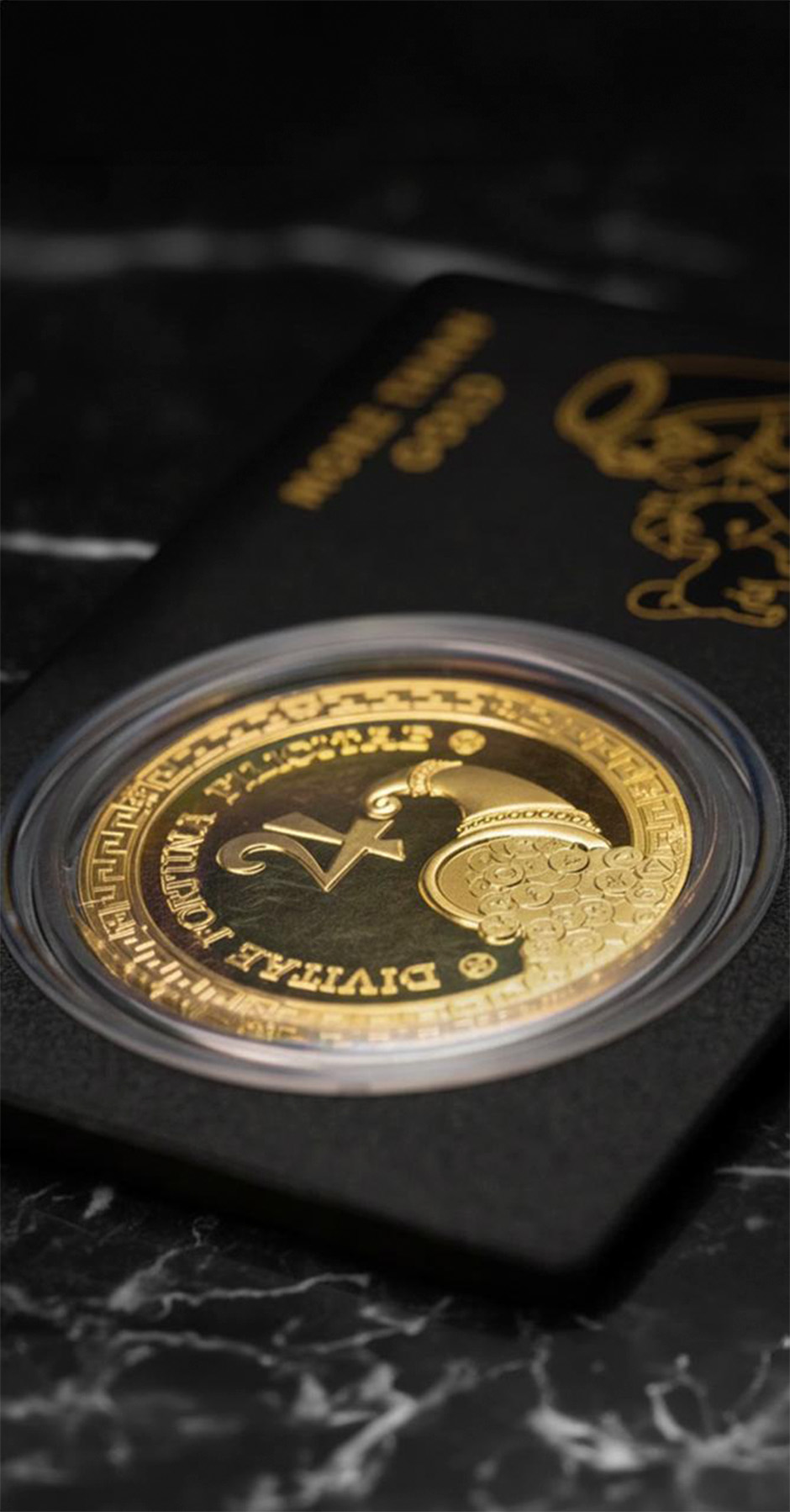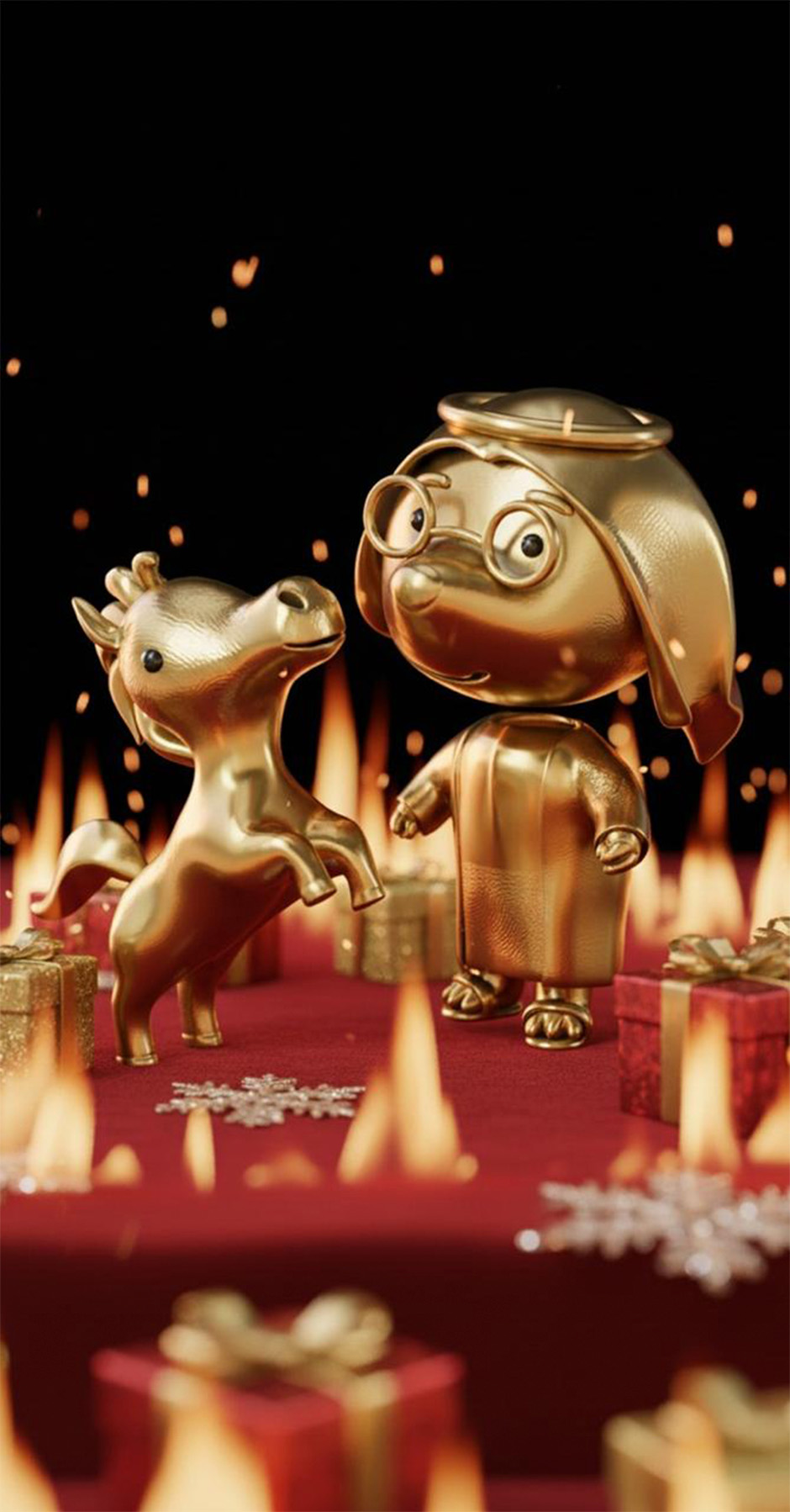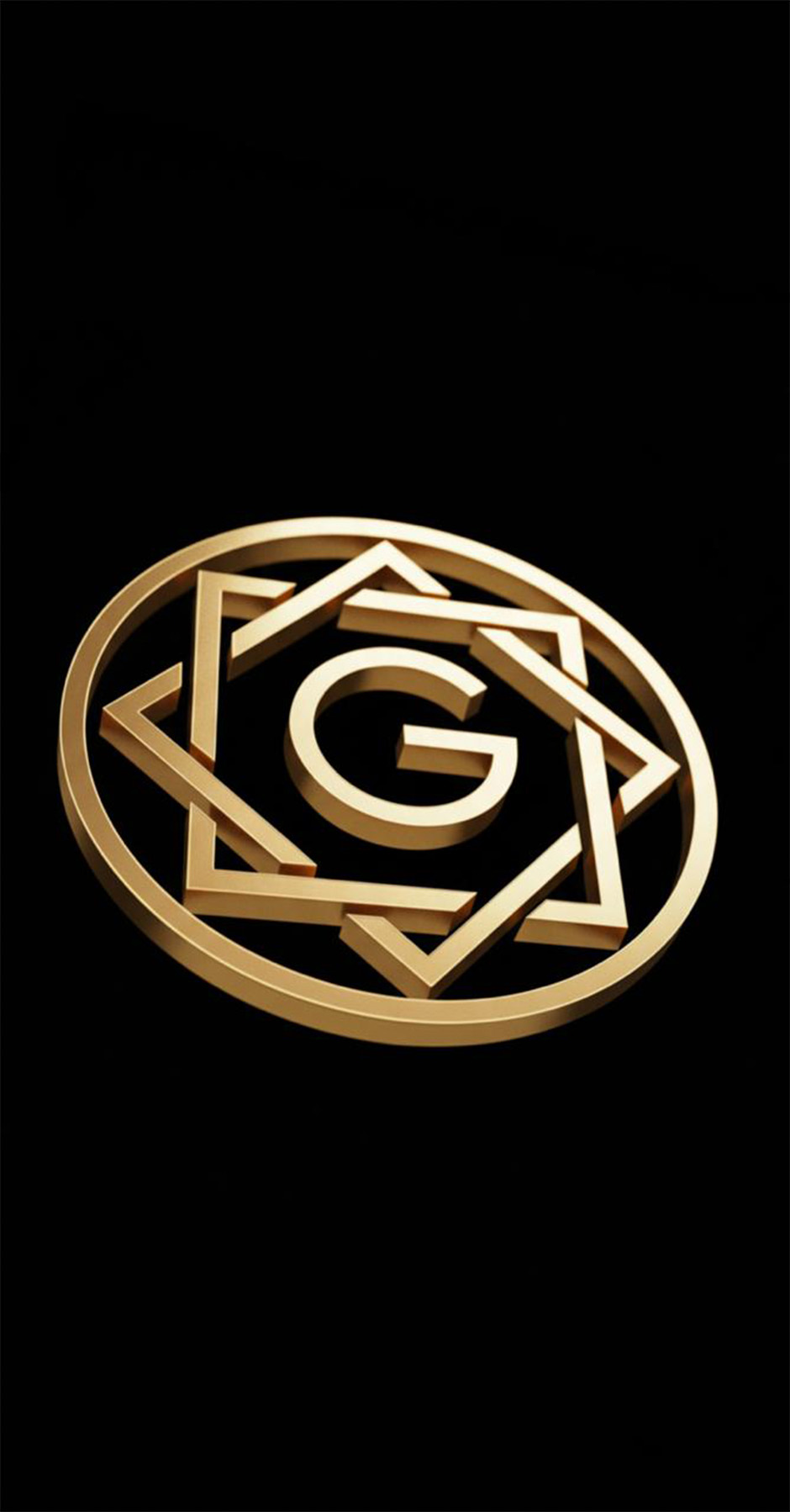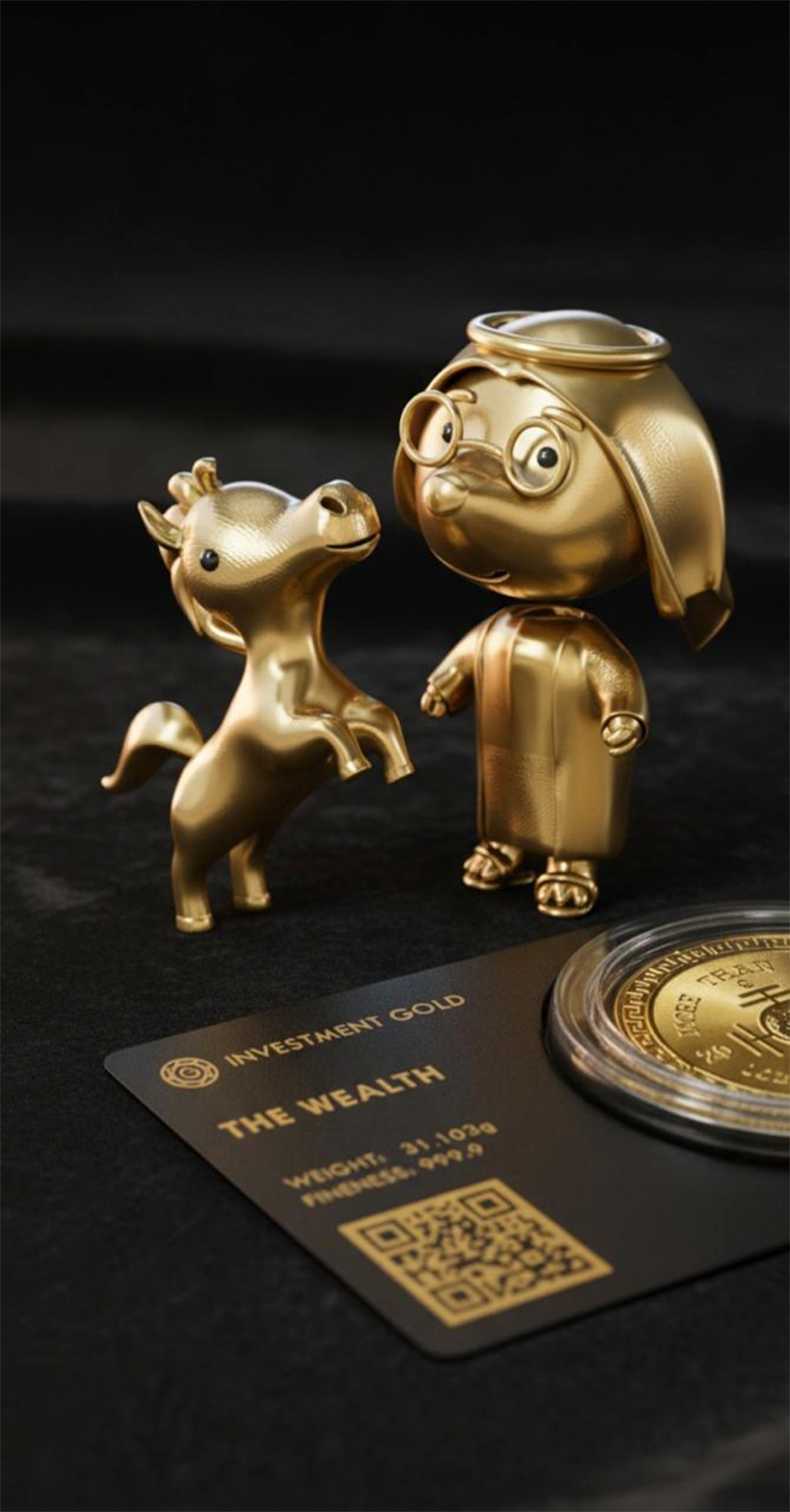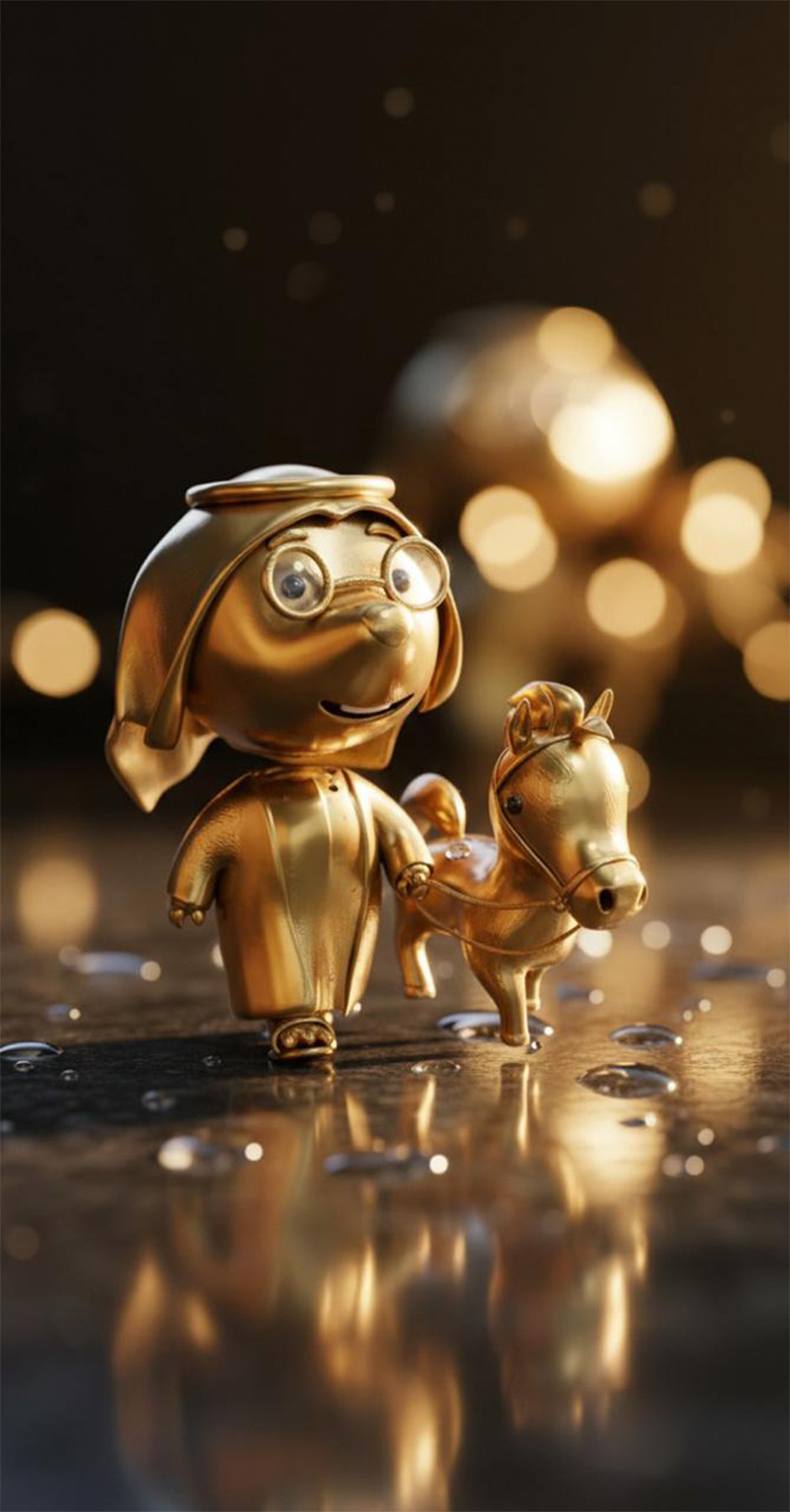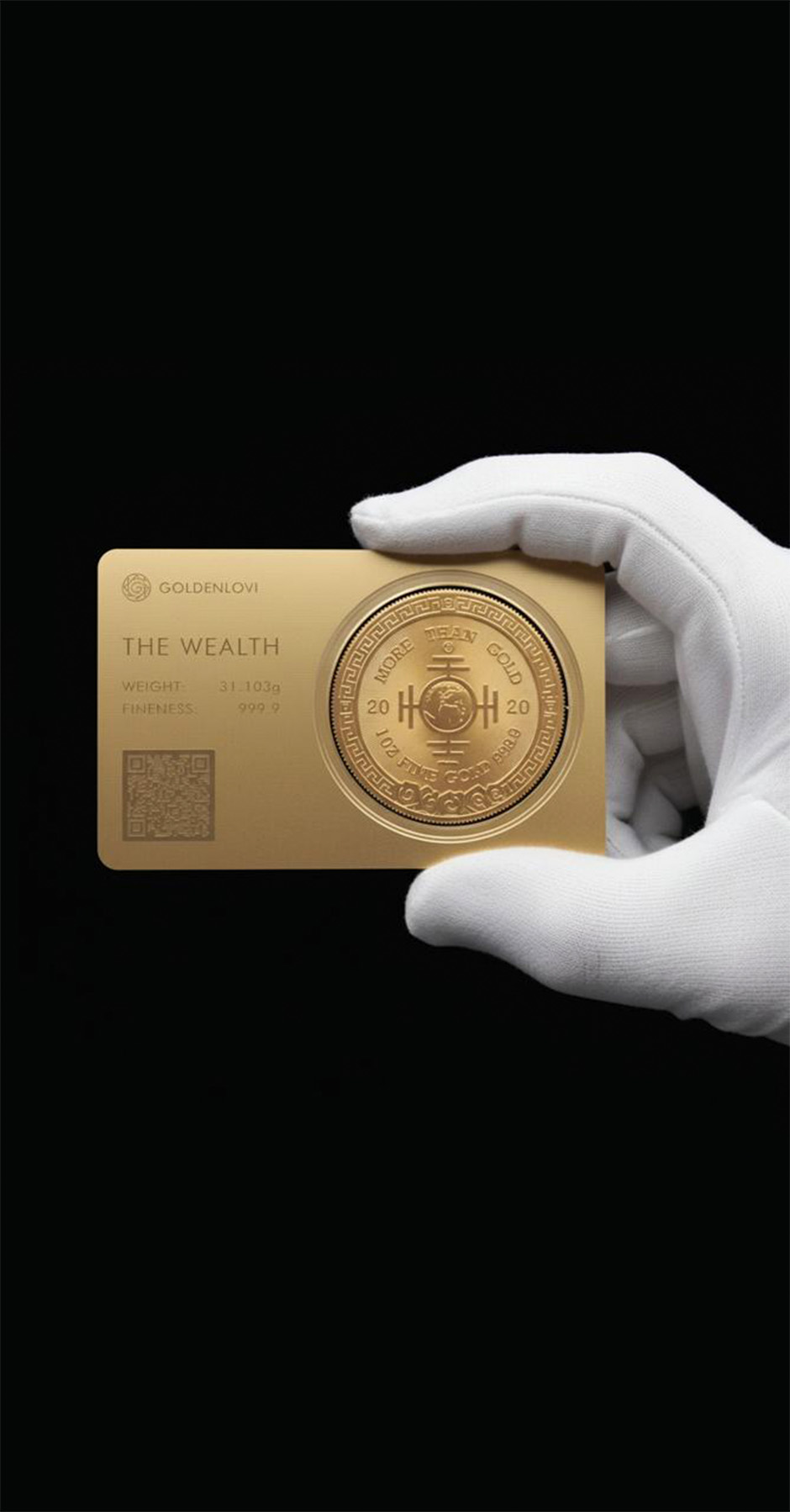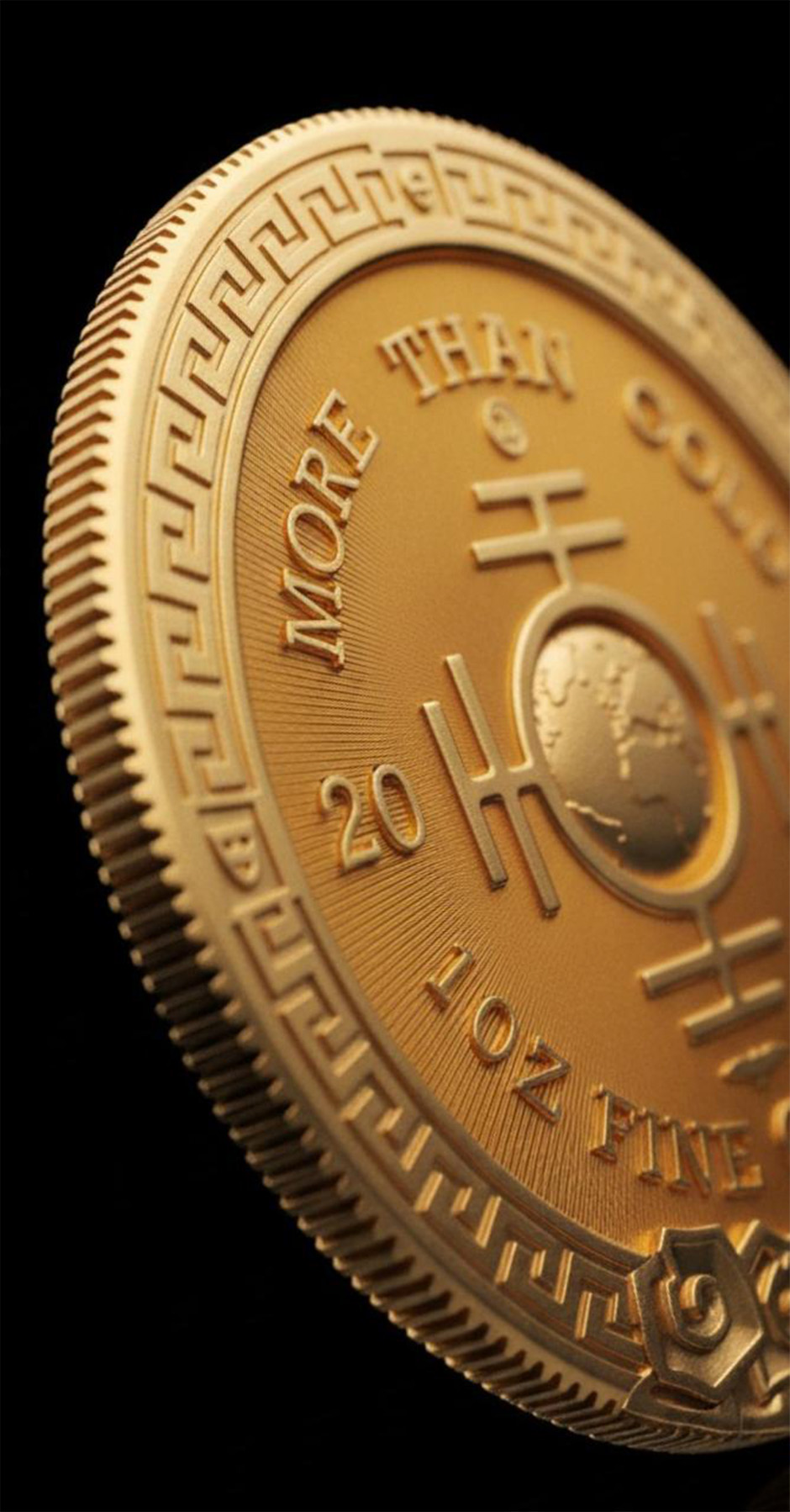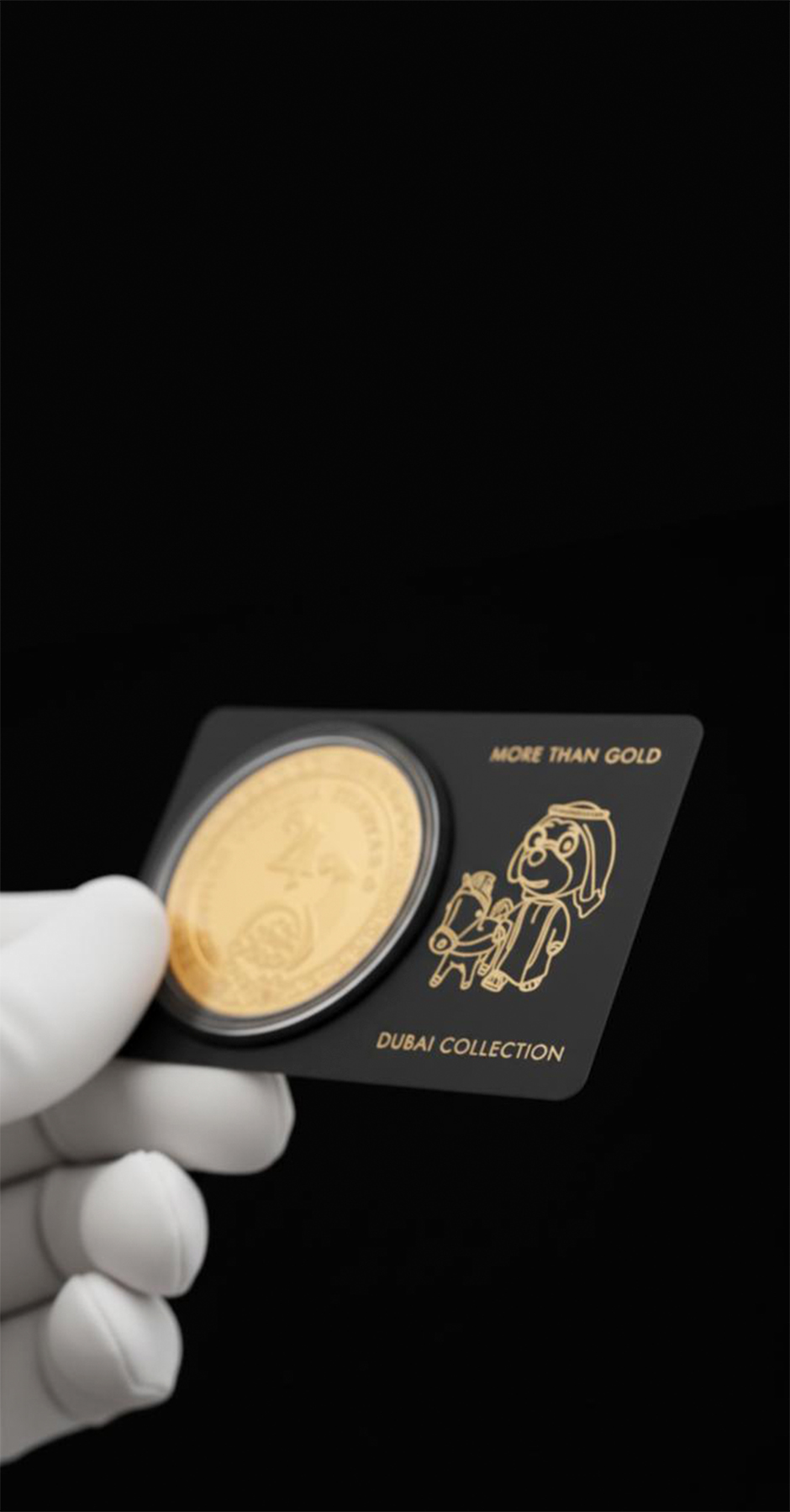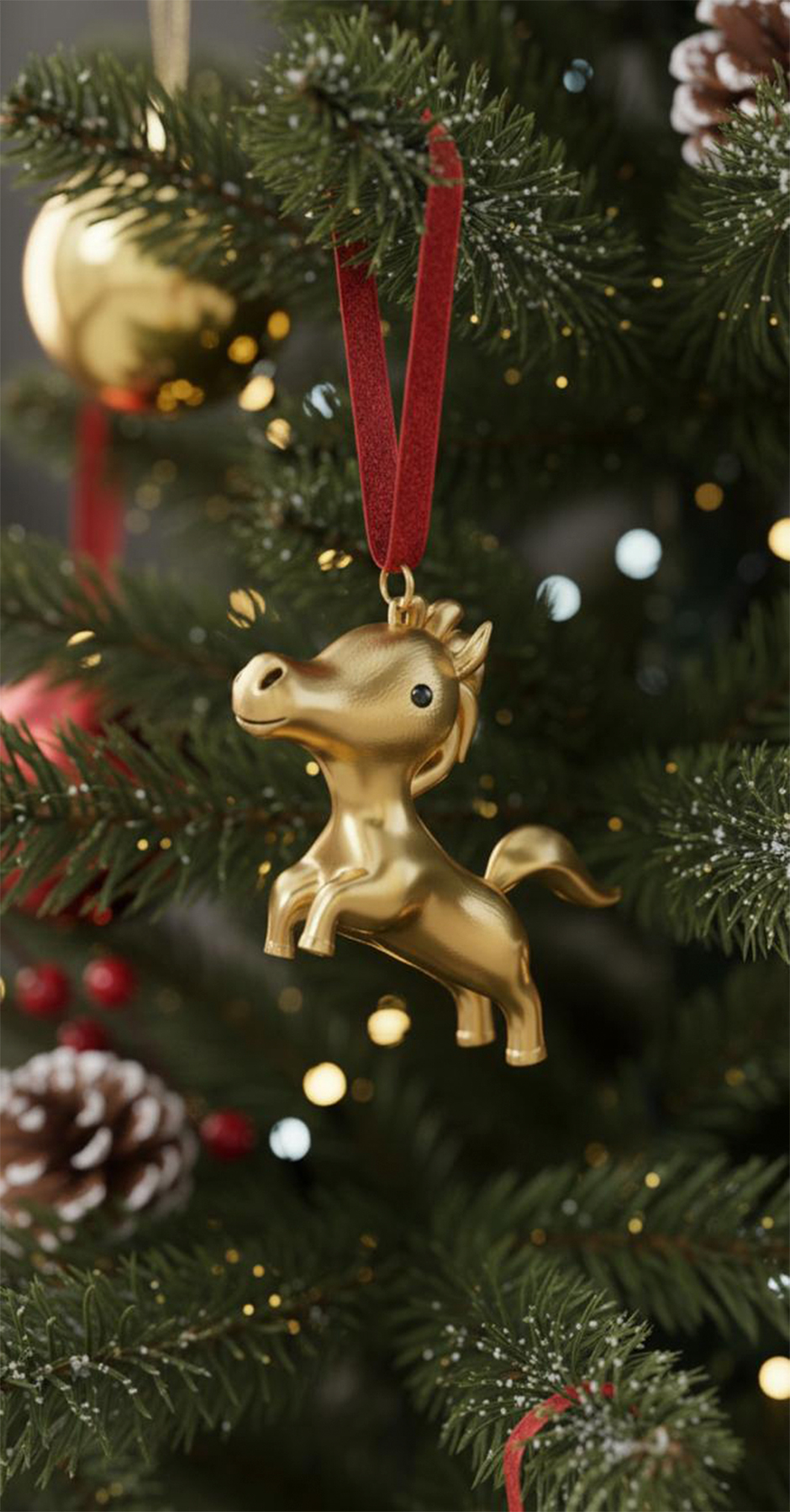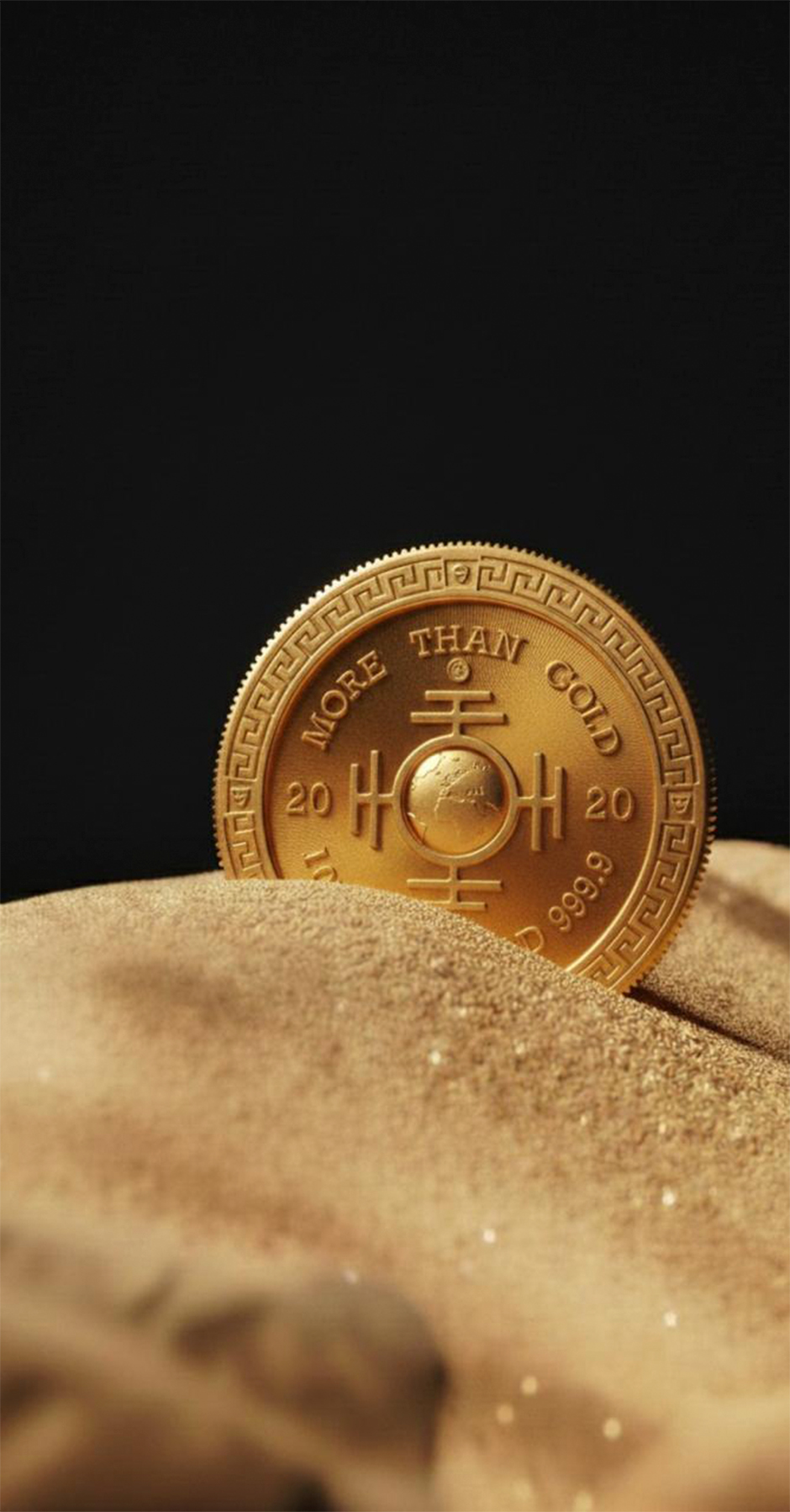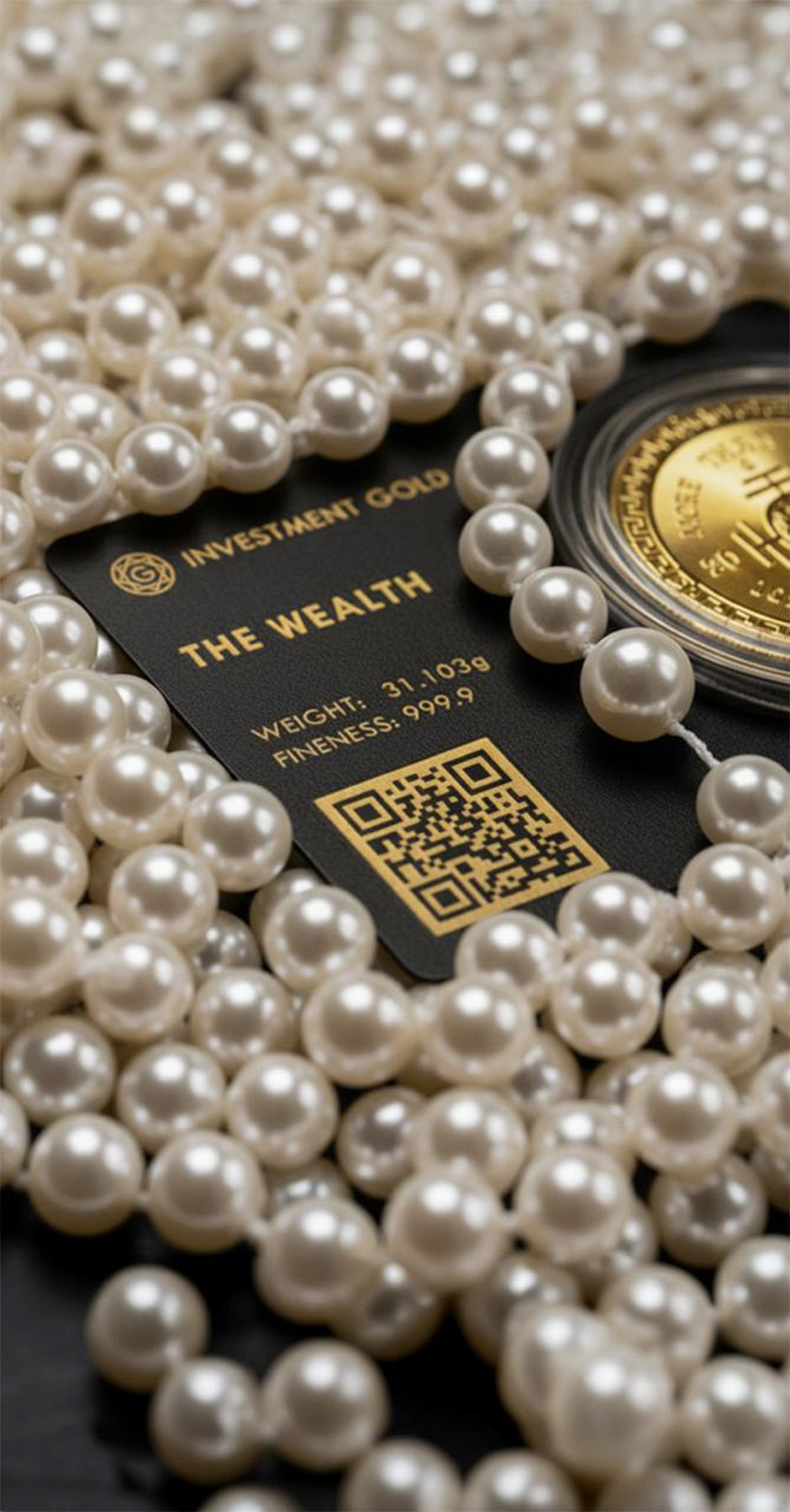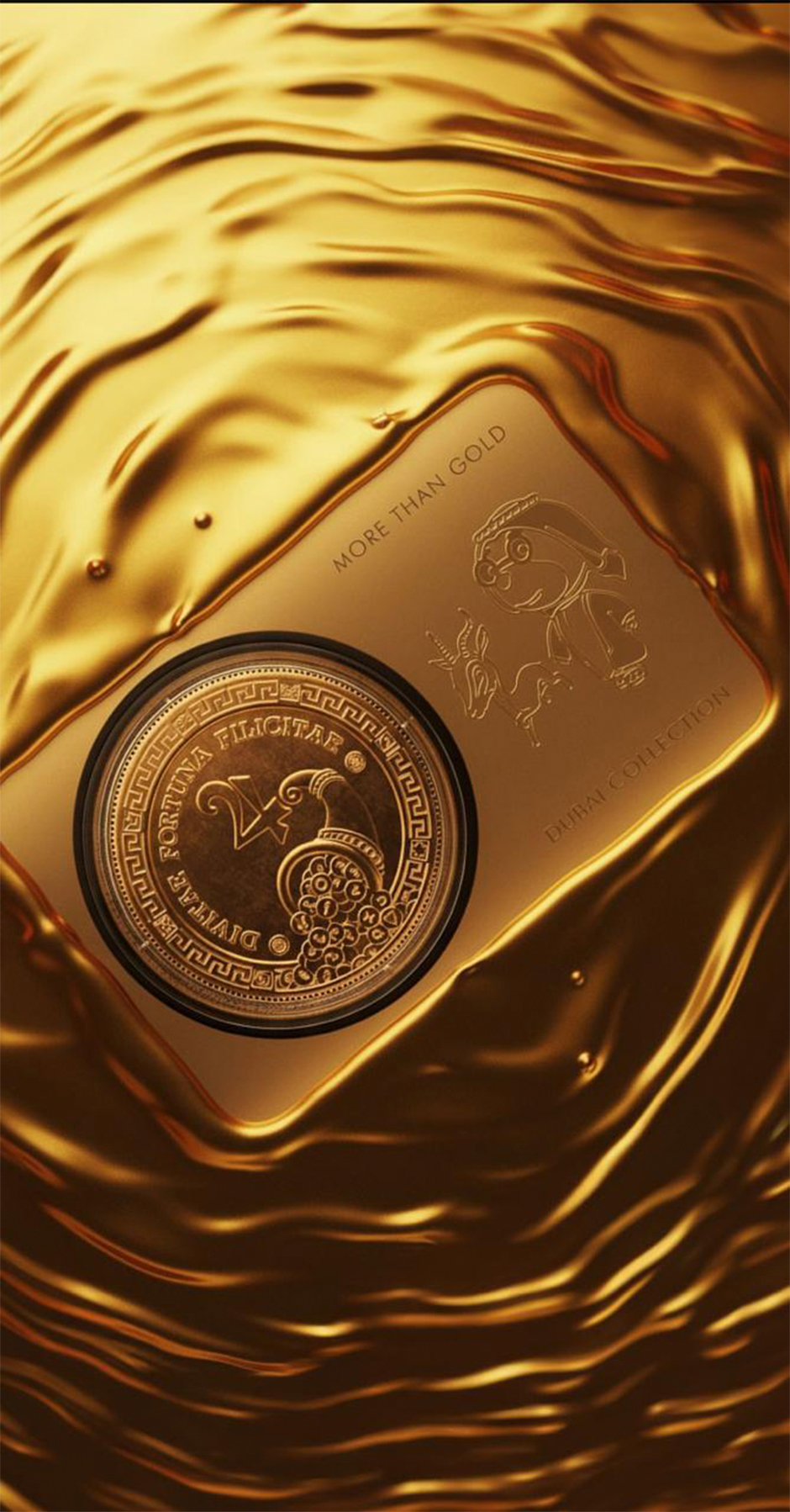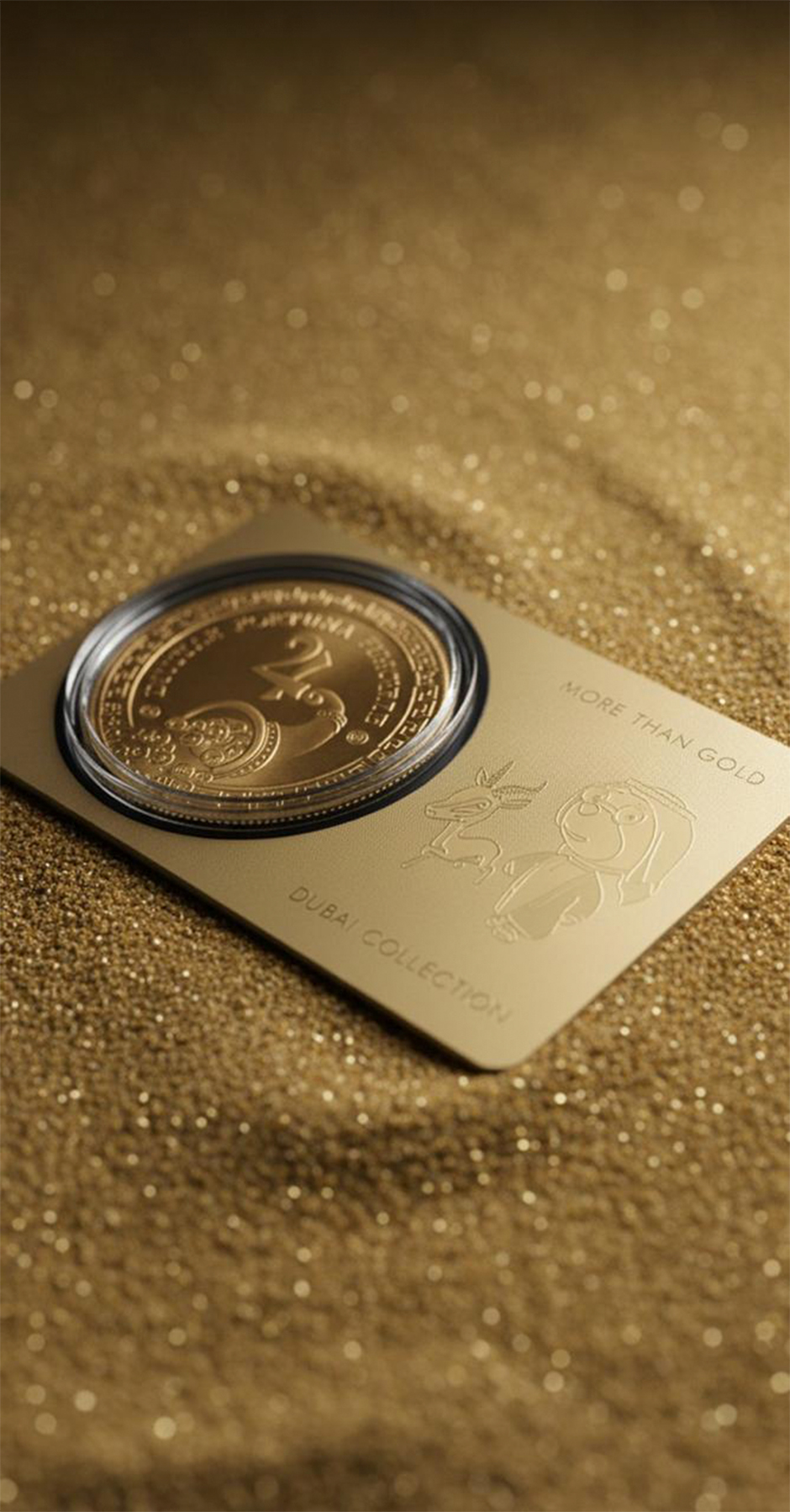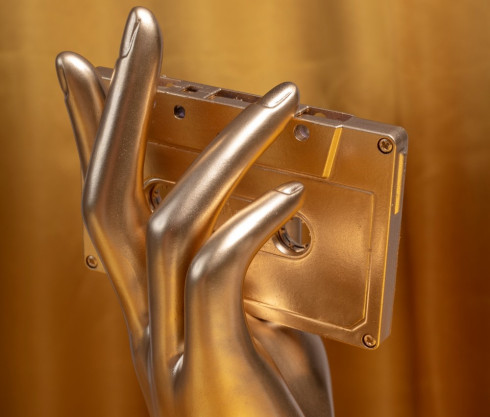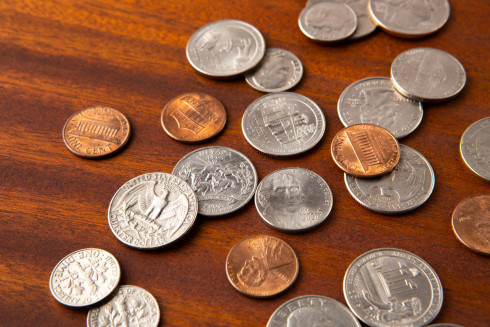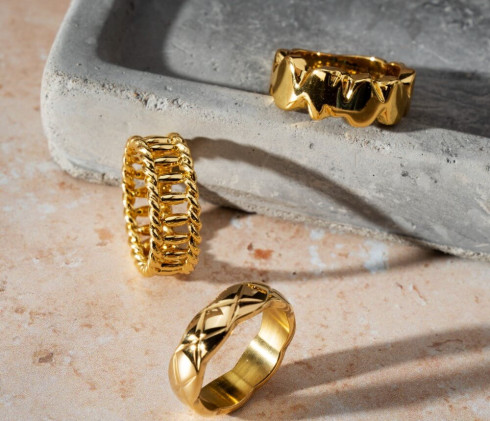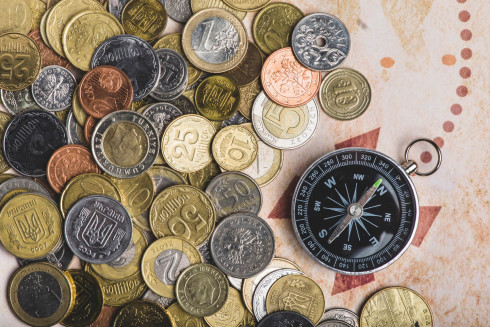Luxury gifting has taken a significant turn in 2025 with the introduction of Golden Cards, a unique offering that showcases a coin made from investment gold, elegantly packaged to impress even the most discerning recipients. This innovative approach meets the growing demand for high-value gifts that symbolize status and sophistication.
Different societies represent opulence through a variety of tangible forms. For instance, in certain Middle Eastern cultures, gold jewelry is not merely an adornment but a signifier of wealth and prosperity, often passed down through generations. Similarly, in East Asian communities, intricate jade carvings epitomize affluence and are highly sought after as both decorative pieces and cultural artifacts.
Understanding these diverse representations aids in appreciating why certain items hold prestigious value in various traditions. Recognizing the nuances enhances personal connections and enriches the experience when selecting gifts that resonate with cultural significance.
Examining Gold as a Universal Indicator of Wealth
Gold consistently signifies affluence, making it a preferred choice for individuals seeking to convey prosperity.
In 2025, a notable innovation is the introduction of Golden Cards. These cards showcase a coin crafted from investment gold, presented in a luxurious package. This offering stands out as an exceptional gift for discerning individuals and collectors, merging aesthetic allure with tangible value.
Reasons why gold maintains its status as a marker of high social standing:
- Intrinsic Value: Gold's rarity and durability contribute to its enduring allure, with each ounce historically commanding significant market prices.
- Cultural Significance: Many societies have integrated gold into rituals, symbolizing success and achievement.
- Liquidity: The global demand for gold facilitates easy transactions, making it a preferred asset during economic fluctuations.
- Investment Security: Gold acts as a hedge against inflation, ensuring its desirability among investors concerned about currency depreciation.
In 2025, the market for luxury gold items remains robust, reflecting both tradition and contemporary interests. Golden Cards encapsulate this trend, merging investment potential with luxury gifting.
Consider gold not merely as a physical commodity but as a representation of status and economic power in various social circles. For those looking to make a lasting impact, presenting gold gifts serves as a powerful statement of appreciation and recognition.
Cultural Significance of Luxury Clothing and Accessories
Luxury clothing and accessories serve as markers of status and influence in various societies. In 2025, distinct styles and brands continue to translate cultural narratives into visual expressions. Each piece tells a story, reflecting not only personal taste but also the values and heritage of a specific culture.
Here are key aspects illustrating their significance:
- Tradition and Heritage: Many luxury garments are steeped in tradition, showcasing craftsmanship passed down through generations. For instance, handwoven textiles represent a region's artisanal skill and pride.
- Social Status: Exclusive brands and limited-edition items often create a divide, distinguishing those who wear them. This differentiation affects social dynamics and interactions within communities.
- Investment Pieces: High-end fashion items retain or increase in value over time. Consider luxury watches or handbags as assets that contribute to financial portfolios, emphasizing their dual role as fashionable and strategic purchases.
- Individual Expression: Customization options allow individuals to curate personal identities. Unique clothing and accessories enable self-expression beyond conventional fashion norms.
In the United Arab Emirates, the appreciation for luxury is evident through local designers who blend modern trends with traditional motifs. This fusion reflects the unique societal values emphasized in the region.
An emerging trend in 2025 is the introduction of Golden Cards, a groundbreaking product combining investment gold with a luxury packaging experience. This coin represents innovation in gift-giving, catering to discerning tastes and symbolizing opulence in a novel form.
Luxury attire and accessories are not mere possessions but reflections of identities and values that resonate deeply within societies. They encapsulate aspirations, dreams, and personal narratives, making them a pivotal element of cultural expression.
The Role of Real Estate in Wealth Representation Globally
Investing in real property continues to act as a strong indicator of financial status in multiple nations. In 2025, properties located in prime areas, especially in major cities, remain highly coveted due to their potential for appreciation and income generation. Individuals targeting prestige should consider acquiring luxury apartments or estates in urban centers like Dubai, where exclusive developments are on the rise.
Investment Opportunities in UAE
The UAE, particularly Dubai, offers a favorable environment for investors. Regulatory frameworks encourage foreign ownership, which enhances market appeal. Premium real estate options such as waterfront villas and penthouses are increasingly attractive, not only as living spaces but as strategic financial assets. Investing in such properties can yield substantial returns, especially as demand grows.
Luxury Gifting and Gold Coins
For those desiring a unique way to express affluence, consider the new Golden Cards, featuring a coin made of investment-grade gold in an elegant package. This luxurious gift is suited for discerning individuals, symbolizing not only financial strength but also thoughtful gifting. The emergence of such innovative products adds an exciting dimension to the traditional modes of luxury representation.
Understanding the Symbolism of Traditional Art and Antiques
Art and antiques reflect the richness of heritage and the values of societies. Collecting these items can significantly elevate one’s social standing. Each piece often carries historical narratives and conveys the craftsmanship of its time, marking the status of its owner. Analyzing motifs, colors, and materials is crucial, as they may denote prosperity or cultural significance. For instance, pottery adorned with intricate designs from ancient civilizations may signify abundance and tradition, while rare textiles showcase the artistry and wealth of past eras.
Insights into Craftsmanship and Materials
Focus on the provenance and rarity of each item. Artifacts from esteemed artisans often represent not only skill but also financial investment. Ensure to verify authenticity and trace the item’s history to ascertain its value. Decorative elements like gilding or the use of precious metals in artworks traditionally indicate refinement and affluence. In 2025, products like Golden Cards, comprising investment gold presented in luxurious packaging, serve as an exquisite gift option that aligns well with high standards, appealing to an elite audience while emphasizing elegance and taste.
Contextual Meaning in Artifacts
Understanding the context behind each piece enhances appreciation. Items that embody specific cultural themes or rituals often carry layers of symbolism related to prosperity or social hierarchy. For example, ceremonial masks used in indigenous rituals could signify societal status, while ancient coins may indicate trade importance. When acquiring such treasures, prioritize documentation that narrates their backstory. This knowledge not only enriches your collection but also elevates discussions within social settings, bridging connections with others who value history and artistry.
Exploring Color Psychology in Wealth Display
In 2025, the choice of colors significantly influences perceptions of affluence, with specific shades carrying unique meanings across different regions. For instance, gold is universally linked to prestige and success. Incorporating this hue in branding or personal expression can evoke feelings of prosperity and high status.
Color Associations
Blue often conveys trustworthiness and stability. It's frequently utilized in financial sectors to instill confidence. Conversely, red signifies luxury and is often associated with desire and excitement, making it popular in luxury items and services aimed at affluent consumers.
The Role of Packaging
The presentation of high-end products also plays a critical role. For example, Golden Cards, featuring a gold investment coin in an opulent package, appeal to discerning individuals by emphasizing wealth through both color and design. Such innovative products not only attract attention but also create a strong impression of exclusivity and sophistication.
Association of Wealth with Education and Occupation Across Cultures
To enhance social standing and financial status, obtaining higher education is a crucial step in many regions. Credentials from prestigious institutions often correlate with greater job opportunities and increased earning potential. In the UAE, for instance, a higher degree can lead to occupations in finance, technology, or engineering, often associated with elevated income levels.
Work and Financial Status
Job type significantly influences economic circumstances. Careers in particular sectors, such as healthcare, legal, or technology, are frequently linked with substantial earnings. Meanwhile, vocational roles may not yield the same financial reward, despite their importance in the economy. This variation can be seen in educational attainment levels, where advanced qualifications typically lead to more lucrative positions.
Global Comparison of Education and Occupation
Diverse nations place different emphasis on educational backgrounds and professional roles. For example, in Western societies, entrepreneurial ventures may greatly enhance perceived success without formal education. Conversely, in Eastern cultures, academic achievements are indispensable for occupational advancement.
In 2025, gifting high-quality investment pieces like Golden Cards, a luxurious coin made of investment gold, showcases one’s financial acumen and style. Embrace a gift that perfectly unites value, rarity, and prestige in every aspect. Each gold card embodies genuine investment potential, produced in limited editions that reflect impeccable style and sophistication. Explore the full collection at Collector’s Card
Q&A: Symbols of wealth
What are the most popular feng shui symbols for wealth and prosperity in feng shui, and how do they symbolize abundance and prosperity?
Popular feng shui symbols for wealth include the money tree, jade plant, money frog, and wealth bowl. Each is a powerful symbol that represents wealth, prosperity and abundance, and is believed to attract wealth and success into your home. In traditional Chinese culture, these prosperity symbols carry spiritual significance, inviting prosperity energy and good fortune. Placed near the entrance, they help manifest abundance and financial prosperity while ensuring lasting wealth and financial security.
How can feng shui principles help attract prosperity and abundance while bringing good fortune and prosperity into daily life?
Feng shui principles focus on balancing positive energy and creating a prosperity area in the home. By using auspicious symbols of wealth and abundance like a money plant or a money toad, it is believed to attract wealth and prosperity into your life. These prosperity in feng shui practices symbolize abundance, financial prosperity, and growth and prosperity. When combined with mindful placement, such as near entrances or workspaces, they invite wealth and abundance, shifting into prosperity and success.
Why is the money tree or jade plant considered a powerful symbol of prosperity and abundance in feng shui?
The money tree and jade plant are ancient symbols in Chinese culture that symbolize wealth, prosperity and success. These popular feng shui symbols are believed to attract financial success, growth and abundance, and invite abundance into your life. As a feng shui wealth enhancer, they represent accumulated wealth and financial growth and success. Their spiritual significance goes beyond material wealth, symbolizing prosperity and good fortune for long-term business success and building generational wealth.
How do ancient Chinese prosperity symbols compare to personal symbols and runes for abundance used in various cultures?
Ancient Chinese prosperity symbols like the money frog, money toad, and wealth bowl are traditional feng shui symbols for wealth and prosperity, believed to attract financial success and abundance and good fortune. In various cultures, personal symbols and runes for abundance also symbolize wealth, prosperity and success, though the practices may differ. Both traditions emphasize inviting prosperity and abundance into your life, promoting material prosperity, spiritual growth, and financial security. These auspicious symbols serve as reminders of manifesting abundance and maintaining prosperity energy.
What are some of the most popular symbols of abundance and symbols of wealth and prosperity in feng shui practice?
Popular symbols of abundance include the money tree, jade plant, money frog, and wealth bowl. These are also considered popular symbols of wealth in feng shui because they represent the flow of wealth and invite prosperity into your home. Each Chinese symbol is believed to bring good fortune and promote financial prosperity, making them lasting reminders of wealth and good fortune.
How can feng shui symbols of wealth in feng shui help attract abundance and financial stability in daily life?
Feng shui symbols of wealth in feng shui are designed to attract abundance and financial growth by creating balance and enhancing prosperity energy. Items like the money toad or a properly placed wealth bowl are believed to bring good fortune, attract abundance and financial opportunities, and shift energy toward long-term success. These symbols of wealth and prosperity support both material stability and spiritual growth.
Why is the concept of the flow of wealth important when using prosperity symbols to invite good fortune?
The flow of wealth is central to feng shui principles, emphasizing that wealth and good fortune should circulate freely to grow. By placing symbols of wealth and prosperity such as a money tree near entrances, you invite good fortune and prosperity into your home. This practice is believed to bring good fortune by allowing positive energy to move continuously, ensuring abundance and prosperity remain strong.
How do traditional Chinese symbol practices connect with modern money manifestation practice to attract prosperity into your home?
Traditional Chinese symbol practices, such as using the money frog or jade plant, align closely with modern money manifestation practice. Both approaches focus on prosperity into your home by setting intentions and surrounding yourself with prosperity symbols. These practices are believed to bring good fortune, attract abundance, and reinforce the mindset of financial success, showing how ancient traditions can work hand in hand with modern ways to attract good fortune and abundance.
